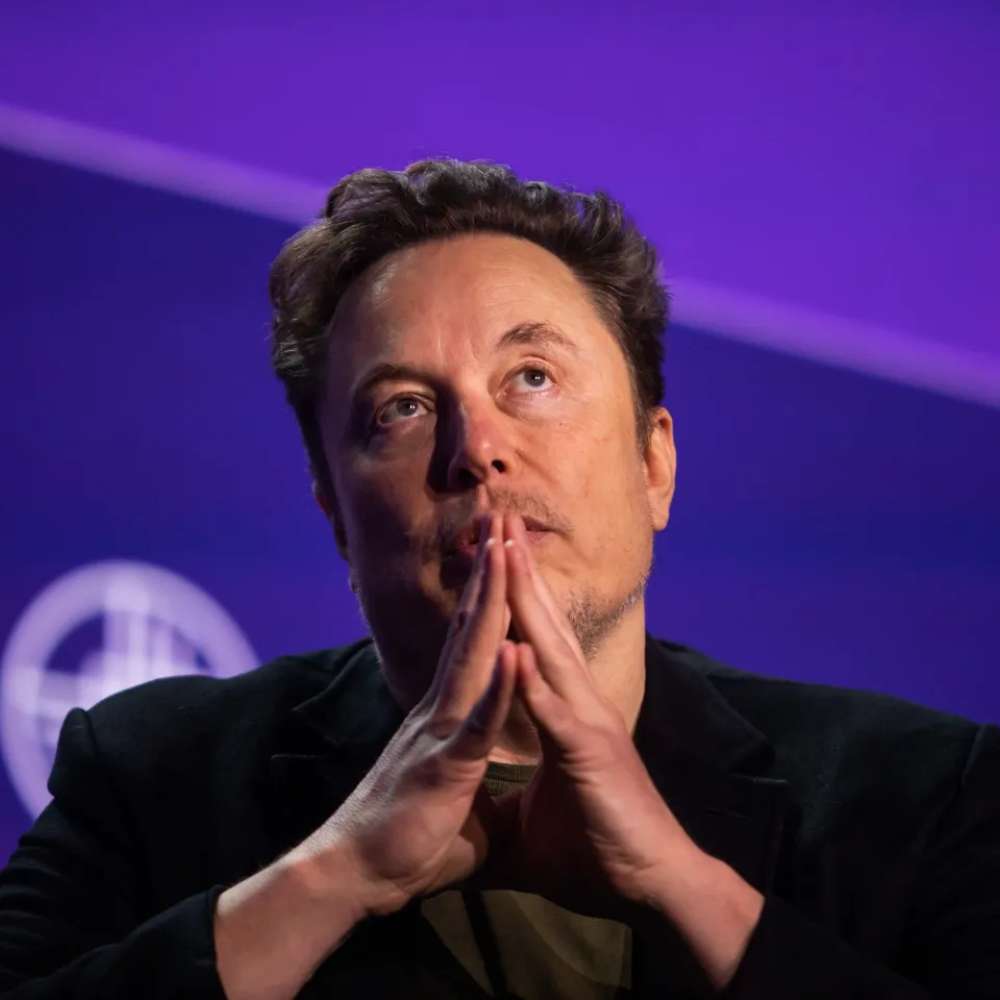Tesla CEO Elon Musk suffered a legal setback on Monday when a Delaware judge upheld her earlier decision to void his controversial 2018 compensation package. The pay plan, valued at approximately $56 billion, was the largest ever awarded to a public company executive in U.S. history. Tesla announced plans to appeal the ruling, while Musk called the decision absolute corruption.
The Court’s Ruling
Chancellor Kathaleen McCormick first invalidated the pay package in January, citing improper processes in its approval. She ruled that Elon Musk had exercised undue control over Tesla and effectively dictated the terms of his compensation to a board that failed to negotiate independently. The judge described the process as deeply flawed.
Following this initial ruling, Tesla held a shareholder vote in June during its annual meeting in Austin, Texas, seeking investor approval to ratify Musk’s 2018 pay package. Musk’s legal team argued that the outcome of the shareholder vote should influence the court’s decision, but the judge rejected this reasoning.
On Monday, McCormick stated that the shareholder vote could not retroactively ratify the flawed process. She noted that allowing defeated parties to create new facts to alter court judgments would undermine judicial proceedings.
Legal Costs and Attorney Fees
As part of the ruling, McCormick approved a $345 million attorney fee award for the legal team representing Tesla shareholders. The shareholders had sued to void Elon Musk’s pay package, arguing it was excessive and improperly granted.
The attorneys representing the plaintiffs expressed satisfaction with the court’s decision, emphasizing its importance in maintaining fairness and clarity in legal proceedings. They also commended the judge and her staff for their diligence in handling the complex case.
Fallout from the Decision
Musk has been critical of the Delaware court system since the January ruling. He advised businesses against incorporating in Delaware, a state known for being a hub for corporate registrations due to its business-friendly laws. In response, Tesla held a shareholder vote to reincorporate in Texas, officially changing its legal home. Musk also shifted the incorporation of his defense contractor company, SpaceX, from Delaware to Texas.
Musk’s Wealth and Tesla’s Performance
Despite this legal defeat, Elon Musk’s wealth has grown significantly in recent weeks. Excluding the options tied to the invalidated pay package, his net worth has increased by over $43 billion. This rise has been fueled by Tesla’s stock performance, which has surged 42% in the four weeks since the U.S. presidential election.
As of Monday’s closing price, Musk’s Tesla holdings alone are valued at nearly $150 billion. This figure places him among the wealthiest individuals in the world, even without considering his stake in SpaceX. Analysts estimate that Musk’s 2018 compensation package, if still valid, would now be worth approximately $101.4 billion based on Tesla’s current stock price.
Future Implications
The court’s ruling marks a significant moment in corporate governance, underscoring the importance of transparency and fairness in executive compensation decisions. While Musk remains a central figure in Tesla’s success, this decision reinforces the accountability of corporate leaders and boards to their shareholders.
As Tesla prepares its appeal, the case will continue to draw attention, not only for its implications on Elon Musk’s personal compensation but also for how it may shape future standards for executive pay in publicly traded companies.







